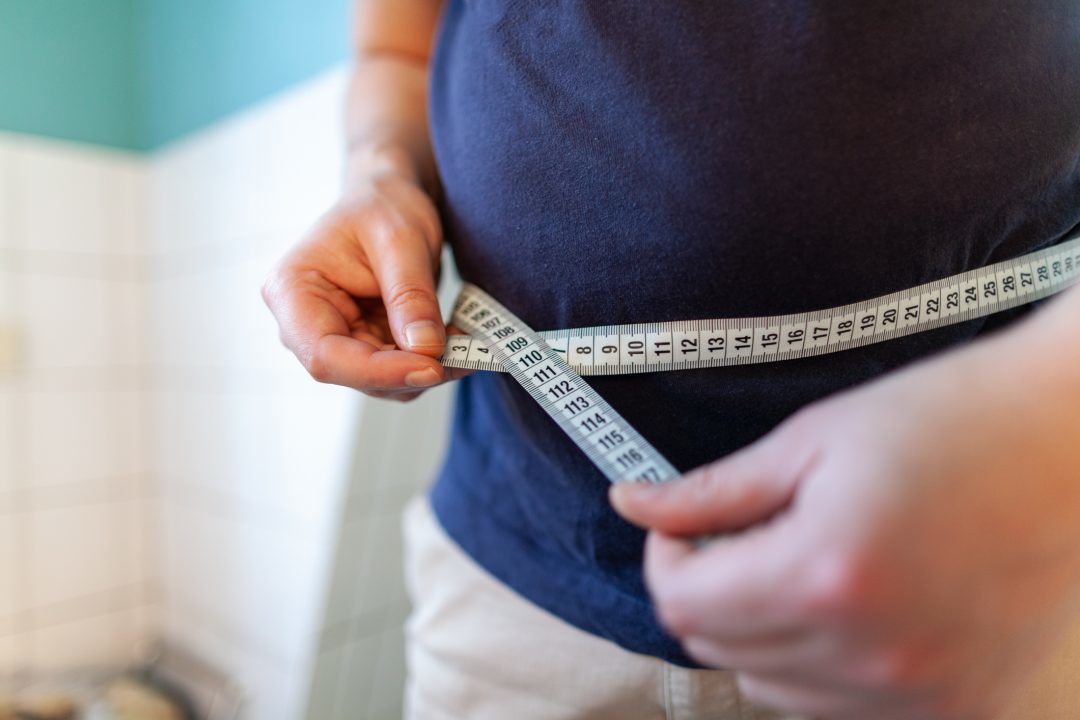Treating newly diagnosed type 1 diabetes patients with semaglutide, which is also used as a weight loss drug, may drastically reduce or even eliminate their need for injected insulin, a small study suggests.
Experts say that if the findings can be replicated in larger studies, the research could possibly be the most dramatic change in treating type 1 diabetes since the discovery of insulin in 1921.
Patients in the study were treated first with a low dose of semaglutide, also sold under the brand names Ozempic, Wegovy and Rybelsus, while also taking meal-time (bolus) insulin and basal (background) insulin.
The semaglutide dose was increased while mealtime insulin was reduced in order to avoid hypoglycaemia – low blood sugar.
Paresh Dandona, is a distinguished professor in the department of medicine, former chief of the division of endocrinology in the Jacobs School of Medicine and Biomedical Sciences at the University of Buffalo (UB), and senior author on the paper.
He said: “Our findings from this admittedly small study are, nevertheless, so promising for newly diagnosed type 1 diabetes patients that we are now absolutely focused on pursuing a larger study for a longer period of time.”
A total of 10 patients at UB’s clinical research centre in the division of endocrinology were studied from 2020 to 2022.
They had been diagnosed with type 1 diabetes in the past three to six months.
The average HbA1c level (a person’s average blood sugar level over 90 days) at diagnosis was 11.7, far above the American Diabetes Association’s HbA1c recommendation of seven or below.
Within three months researchers were able to eliminate all of the mealtime insulin doses for all of the patients.
Dr Dandona added: “And within six months we were able to eliminate basal insulin in seven of the 10 patients.
“This was maintained until the end of the 12-month follow-up period.”
During that time, the patients’ mean HbA1c fell to 5.9 at six months and 5.7 at 12 months.
The most common side effects for patients were nausea and vomiting as well as appetite suppression.
This led a number of patients to experience weight loss, an outcome that Dr Dandona said is generally an advantage since 50% of patients with type 1 diabetes in the US are overweight or obese.
He continued: “As we proceeded with the study, we found that even the dose of basal insulin could be reduced or eliminated altogether in a majority of these patients.
“We were definitely surprised by our findings and also quite excited.
“If these findings are borne out in larger studies over extended follow-up periods, it could possibly be the most dramatic change in treating type 1 diabetes since the discovery of insulin in 1921.”
Follow STV News on WhatsApp
Scan the QR code on your mobile device for all the latest news from around the country


 iStock
iStock
























